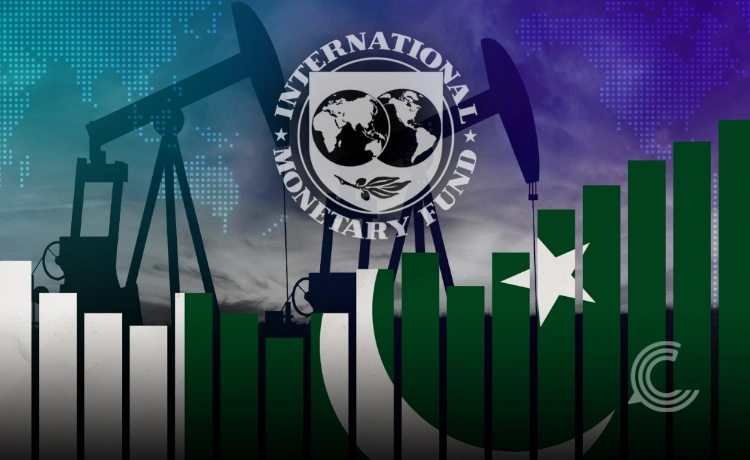Trillion-Dollar Corruption Hits Pakistan’s Growth as Bangladesh Looms

Key Highlights
- IMF says Pakistan could unlock 5–6.5% GDP growth by fixing corruption and governance failures.
- Fragmented regulation, weak oversight and political capture continue to drain economic potential.
- Improvements could help Pakistan overtake Bangladesh’s GDP and reduce long-term IMF dependency.
Pakistan could recover up to 6.5% of GDP over the next five years if it confronts corruption, strengthens oversight and simplifies its tax system, according to a recently released IMF–World Bank governance diagnostic report.
The document, published by Pakistan’s finance ministry as part of the country’s $7 billion IMF programme, offers one of the institution’s sharpest warnings yet about how governance breakdowns are throttling investment and choking state revenues.
IMF Flags Pakistan’s Lost Growth Potential
The report, which the IMF has not publicly commented on, argues that Pakistan’s fragmented regulation, opaque budgeting and entrenched political capture are limiting its ability to finance growth. Islamabad is targeting 4.2% growth this year, but the diagnostic suggests its true economic potential remains far higher, provided reforms are implemented decisively.
IMF Says Pakistan’s Tax System Is Distorting Growth
According to the IMF, Pakistan’s tax architecture is riddled with exemptions, distortions and inconsistencies that limit revenue mobilisation. The Federal Board of Revenue (FBR), the country’s main tax body, suffers from weak internal controls, excessive autonomy for field offices and poor oversight of its IT systems. These gaps, the report says, create fertile ground for leakage, manipulation and corruption.
Islamabad maintains it is digitising tax processes, cutting exemptions and restructuring state-owned enterprises. But the IMF’s assessment emphasises that broad reforms, including simplification of tax policy, restructuring the FBR and strengthening audit systems, are essential. It also raises concerns about Pakistan’s reliance on supplementary grants, which can bypass parliamentary scrutiny.
Weak Oversight, Opaque Procurement and Political Interference
The governance diagnostic, reported this month by Reuters, highlights persistent vulnerabilities across Pakistan’s public institutions. State-owned enterprises, whose assets are valued at nearly half of the country’s GDP, are described as high-risk entities due to political interference, procurement opacity and chronic mismanagement.
Despite progress since exiting the FATF “grey list” in 2022, the IMF says Pakistan continues to struggle in securing corruption-linked money-laundering convictions. Meanwhile, judicial delays, large case backlogs and inconsistent rulings further weaken contract enforcement and investor confidence.
The report also calls for greater transparency in the workings of the Special Investment Facilitation Council (SIFC), the military-backed body created in 2023 to serve as a single-window investment channel.
Pakistan vs Bangladesh: The GDP Gap Explained
The IMF’s 6.5% GDP warning has major regional implications. If Pakistan were to recover this “lost growth,” its economic size could surpass Bangladesh’s, reversing a shift in South Asia’s economic hierarchy. Over the past decade, Bangladesh has made significant progress through sustained exports and disciplined governance, while Pakistan’s growth has been eroded by structural inefficiencies.
A 6.5% GDP recovery would not only restore Pakistan’s competitive edge but also reframe the Pakistan–Bangladesh comparison as one rooted in governance rather than population size or natural resources. This angle showcases how corruption has weakened Pakistan’s regional standing and how reforms could alter that trajectory.
Governance Reforms Could Reduce IMF Dependency
The IMF’s projection also suggests Pakistan could significantly reduce future reliance on foreign loans if governance reforms are enacted. The cost of corruption, estimated at several percentage points of GDP, mirrors the scale of Pakistan’s fiscal shortfalls that repeatedly push it toward bailout programmes.
By repairing leakage in tax collection, improving transparency and reducing political interference, Pakistan could stabilise its finances and lessen dependency on the IMF over the long term. In this framing, governance is not simply an economic issue; it is a sovereignty and stability imperative.



